Latest news
Search news stories
Enter a keyword to search news.
Reviving the EUs Free Trade commitments - let’s start with Australia!
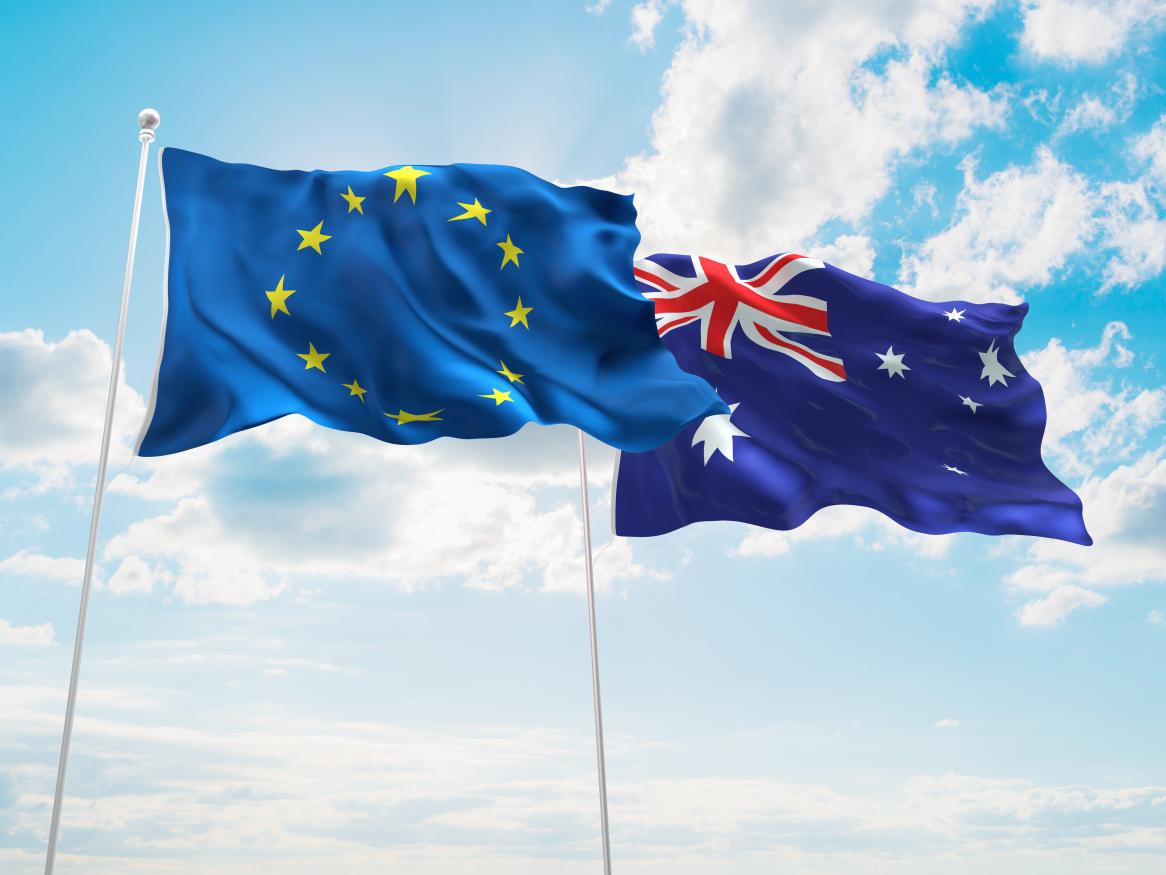
Catharina Rinzema, Member of European Parliament (Renew Europe, The Netherlands), Morten Lokkegaard, Member of European Parliament (Renew Europe, Denmark), Professor Peter Draper, Executive Director of the Institute for International Trade.
The European Parliament this month sent a delegation to Australia to strengthen our ties with strategic Indo-Pacific partners. This op-ed argues that these democratic allies and trade partners have a good opportunity to promote common values and rule-of-law trade through the under-negotiation EU-Australia free trade agreement.
[Read more about Reviving the EUs Free Trade commitments - let’s start with Australia!]
China’s Western Neighbours, and the Future of Eurasian Overland Trade

Richard Pomfret, Emeritus Professor of Economics, the University of Adelaide.
China’s flagship foreign policy, the Silk Road Economic Belt, was announced in 2013 in Astana, capital of Kazakhstan, and became part of the Belt and Road Initiative that was launched in May 2017. Rail connections west through Kazakhstan were the key part of the overland “Belt”. President Xi has recently and publically confirmed the importance of this relationship, an act which has import in the context of the current Ukraine-Russia war, as argued in this op-ed
[Read more about China’s Western Neighbours, and the Future of Eurasian Overland Trade]
Australia and the European Union’s shared Indo-Pacific Future

Professor Peter Draper Executive Director, Institute for International Trade
Naoise McDonagh, Lecturer & Policy & Engagement Managing Editor
After recently holding hearings on the EU’s Indo-Pacific trade strategy, the EU Parliament’s Committee on International Trade (INTA) is visiting Australia this week. The EU Parliament has equal decision-making status on trade issues with the Council and Commission, so the significance of the visit for EU-Australia trade relations should not be underestimated.
[Read more about Australia and the European Union’s shared Indo-Pacific Future]
The future of EU trade policy and strategies in a militarised environment
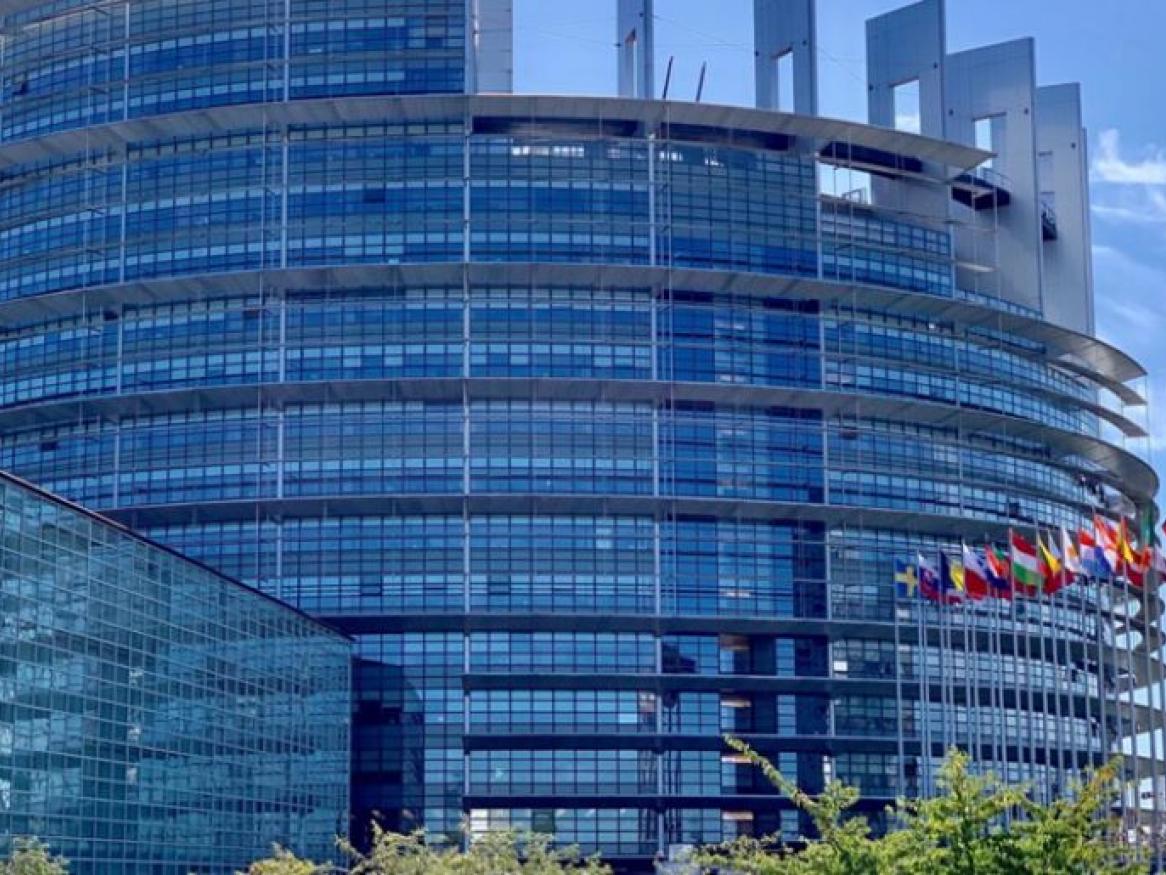
WORKING PAPER 11
China’s economic rise has transformed the international trade system. Furthermore, given its divergent economic model China is challenging the global economic order in ways that previous Asian competitors never did. In response to systemic rivalry and an increasingly tense international environment, the EU seeks to build more “strategic autonomy” from the United States, its main security benefactor. Economically, the EU policy of Open Strategic Autonomy seeks to maintain openness to trade, while developing tools for dealing with coercive and unfair trade practices. This paper identifies the key elements of this policy, as well as the risks it holds for European economic liberalism.
[Read more about The future of EU trade policy and strategies in a militarised environment]
Desktop analysis of agricultural subsidies and environmental impacts

WORKING PAPER 10
There is broad agreement that much of the government support provided to agriculture today is environmentally harmful. This report explores the impacts of production and trade-distorting domestic support in agriculture on climate (i.e., greenhouse gas emissions) and the environment (i.e., water, biodiversity, and land degradation). Global reform is needed, however agriculture is a highly sensitive sector, one that is crucial for national food security. Gaining momentum for policy change can be difficult. Successful policy reform requires coalition building. A sustained evidence-based networking initiative that incorporates active public engagement and global coalition building should be developed on a priority basis.
[Read more about Desktop analysis of agricultural subsidies and environmental impacts]
Green hydrogen offers a window to redefine the Africa-Australia and Africa-Australia-Europe partnerships

Conflict in Europe has fast-forwarded a global race for green hydrogen. Australia was already well-placed, having already begun pursuit of large-scale green hydrogen development projects domestically and overseas. With a focus on Africa this op-ed explores Australia’s international hydrogen-related green energy superpower potential.
Chigozie Nweke-Eze, University of Bonn. Dr. Lauren A. Johnston, Visiting Senior Lecturer University of Adelaide.
New Trade and Aid Paradigm Needed for China and Pacific Relations
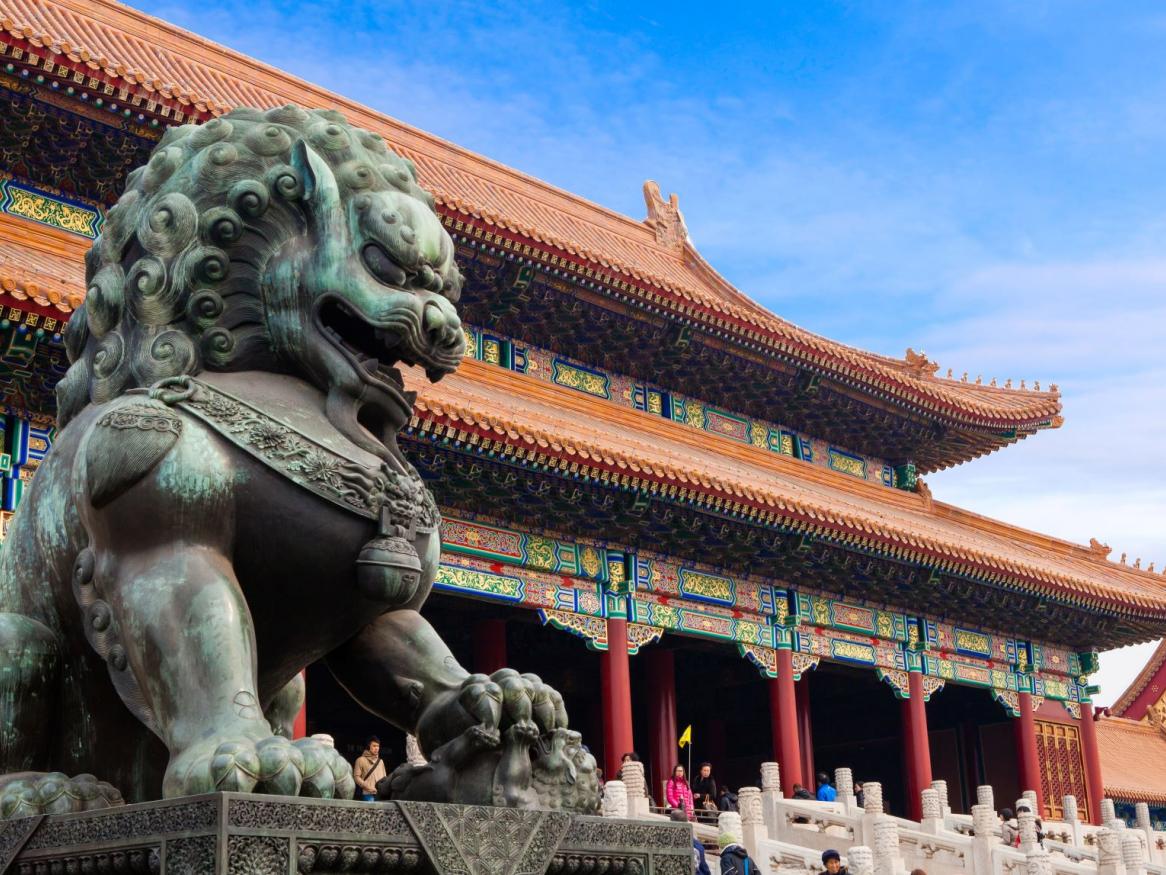
Jim Redden, Trade and Development Expert, Institute for International Trade, University of Adelaide.
Australia’s regional economic diplomacy has lost its way in recent times in the Indo-Pacific region. The new Albanese-led Labor government recognizes that there needs to be a reset in its trade and aid paradigm in the Indo-Pacific, in order to restore strong relations with our Pacific neighbours, as well as thaw the diplomatic freeze with China on trade. This op-ed identifies four components that could serve as the foundation for this new paradigm.
[Read more about New Trade and Aid Paradigm Needed for China and Pacific Relations]
The G7-Summit delivered more than expected
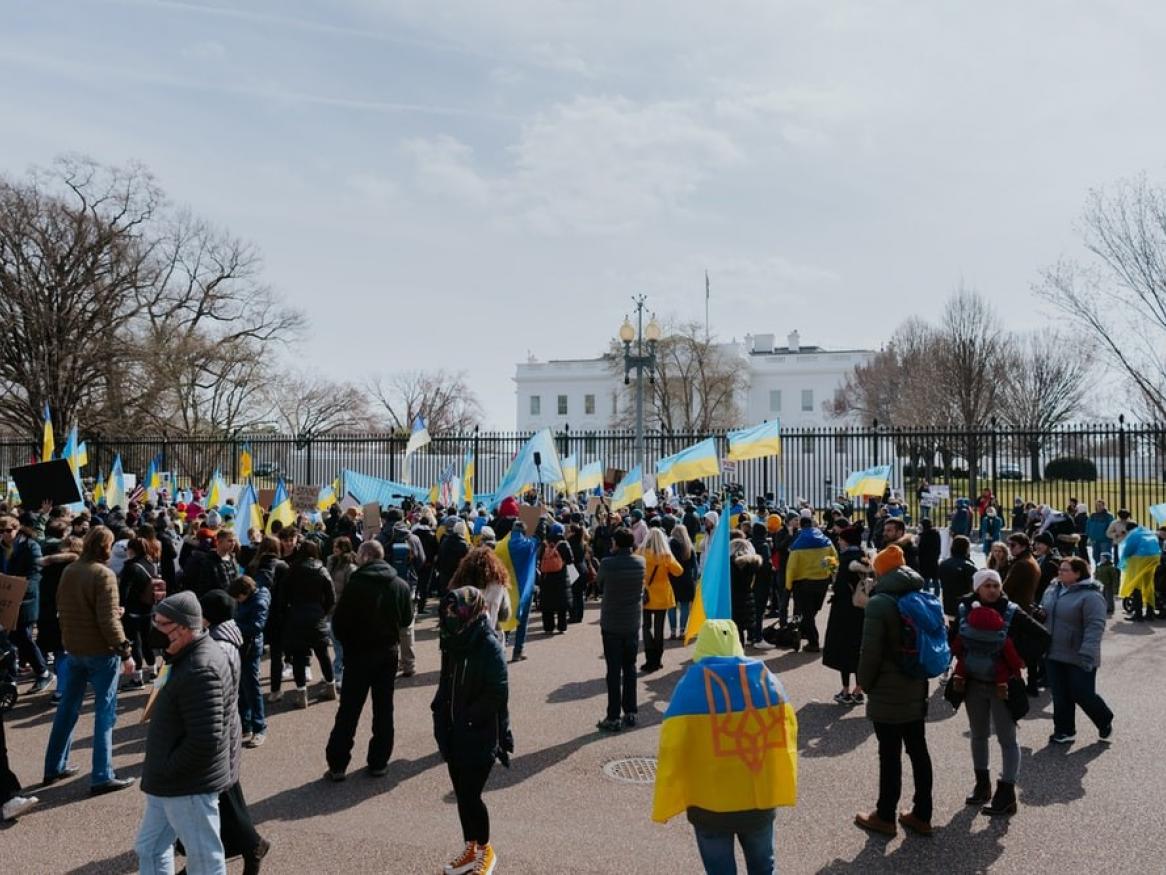
Andreas Freytag, Professor and Chair of Economic Policy, Friedrich Schiller University and Peter Draper, Executive Director of the Institute for International Trade. Over 3 days at this year's G7 summit under the German presidency the heads of government of the United States (USA), Great Britain, France, Germany, Italy, Japan and Canada - met in a castle tucked away in the Bavarian Alps. They were joined by the President of the European Commission and, as guests, the heads of government of India, South Africa, Indonesia, Argentina and Senegal. President Zelensky was also present as a virtual guest. Their aim was to constructively address the major challenges facing the world today, not least the war in Ukraine.
[Read more about The G7-Summit delivered more than expected]
Australia’s response to Chinese economic coercion: towards a comprehensive strategic approach to export diversification
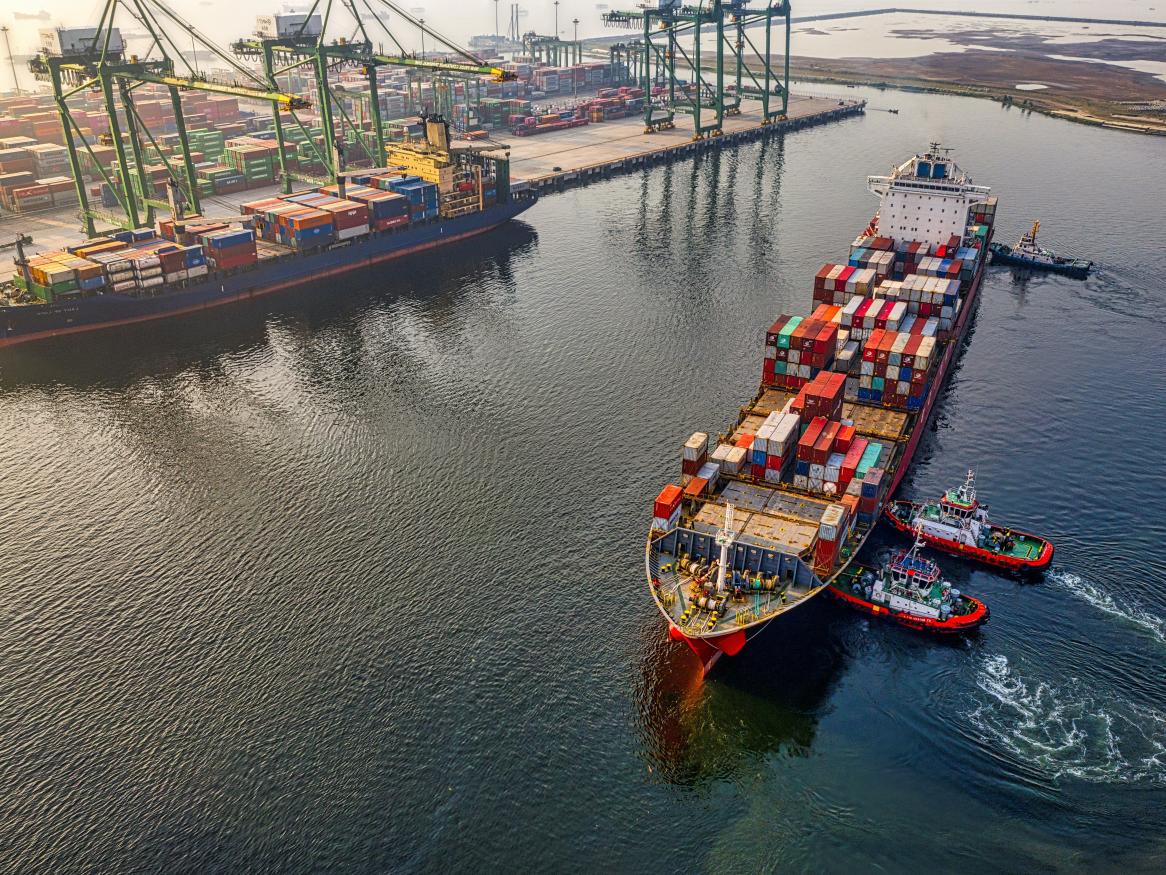
Mike Adams, former Department of Foreign Affairs and Trade (DFAT) economist. Ron Wickes, past Director of the Trade Analysis Section of DFAT, Nicolas Brown headed DFAT’s branch for analysis and strategic advice on trade and economic issues.
On a range of measures, Australia’s exports have become more concentrated on China since 2000. Yet geopolitical tensions, intensified by China blocking key Australian exports over the past two years, has fuelled a debate over export diversification to reduce vulnerability to economic coercion. This policy brief argues that much of the debate misses key facts about Australia’s economic options, and argues for economic reform and regional cooperation to support diversification.
CELIS Forum on Investment Screening (CFIS) 2022
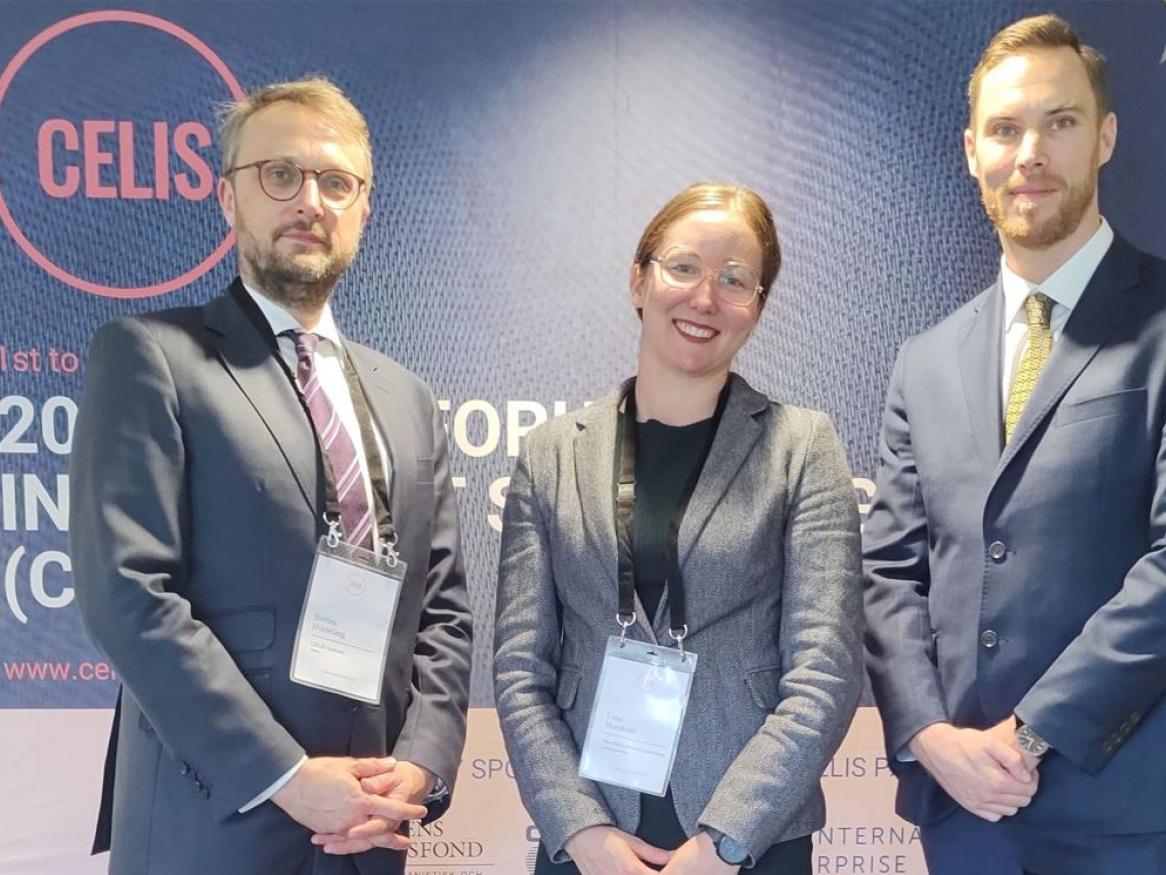
1st - 3rd June 2022, IIT’s Dr Naoise McDonagh was invited to present at the 2022 CELIS Institute Annual Forum on Investment Screening. CFIS 22 is Europe's first and foremost forum to discuss questions on investment screening and security. It serves to enhance the Institute's analytical capacity and facilitate the shaping of common approaches. A marketplace of ideas, CFIS 22 brings together EU officials, national experts, diplomats, academics, business leaders, think tankers, and representatives of civil society and the media from across Europe and beyond.
[Read more about CELIS Forum on Investment Screening (CFIS) 2022 ]
This work is licensed under Commons Attribution-NonCommercial-NoDerivatives 4.0 International License.
IIT is a global leader in researching, analysing and commenting on International Trade.
Stay informed about our up-and-coming seminars, events, publications, awards, new projects and collaborations, and other exciting news.
